CCIQ IR Alert - IR Reform Bill - 18 November 2022
Welcome to the 18 November edition of CCIQ's IR Alert, the e-alert from the Workplace Services team.

Welcome to the 18 November edition of CCIQ's IR Alert, the e-alert from the Workplace Services team.
This edition contains:
- Important detail on the Fair Work Legislation Amendment (Secure Jobs, Better Pay) Bill 2022 ('Bill'); as well as
- A survey about the proposed reforms. Tell us what you think.
To complete the survey, click here
IR REFORMS ON THE AGENDA
Further to CCIQ's IR Alert of 1 November, please read on to find out more about the Bill and what it means for employers.
As mentioned, the Bill was introduced on 28 October and it proposed a number of amendments to the Fair Work Act 2009 (Cth) ('FW Act') as well as other relevant legislation.
Journey of the Bill
The Bill was passed by the House of Representatives on 10 November, however, a number of amendments were made to enable its passing.
The next step is for the Bill to be introduced to the Senate. This is expected to occur during the sitting period which commences on 21 November.
Proposed Amendments*
Bargaining
The more significant of the proposed IR reforms is to the bargaining provisions of the FW Act.
With regard to Multi-Employer Bargaining, the Bill seeks to introduce two new options for bargaining:
- Supported bargaining; and
- Single interest employer ('SIE') agreements.
Supported bargaining will replace existing low paid bargaining provisions.
For single interest employer agreements, the Bill proposes to remove barriers to entering into negotiations, which would lead to a wider range of employers with a common interest being impacted by this option.
In summary, this would mean that employers can be required to join negotiations over employment terms and conditions with other businesses.
An example would be with businesses in the same industry having to bargain for the same agreement e.g. a hospitality industry wide agreement. It could also mean that businesses in the same area (region or shopping centre) or subject to the same awards are compelled to bargain for a same, one-size fits-all deal.
SIEs will not apply to the building industry.
Note that some Senators have flagged that changes will be necessary for the Bill to pass the Senate. For this reason not a lot of detail has been provided - it could very well change between now and when the FW Act is amended.
BOOT
The Bill proposes to tweak the Better Off Overall Test for agreement approvals, with the Fair Work Commission ('FWC') to have regard only to the patterns of work, kinds of work, and types of employment that are reasonably foreseeable at the time of the BOOT.
Pay Secrecy
The Bill will prohibit pay secrecy clauses in employment contracts to prevent employers from requiring staff to not disclose their salary.
In addition, the Bill will provide employees with the workplace right to disclose their remuneration if they choose to do so, and to ask others about their remuneration (noting that those employees can elect not to disclose on request).
Sexual Harassment
The Bill will amend the FW Act and provide that sexual harassment in connection with work (a worker or a potential worker) is prohibited.
The FWC will be empowered to deal with a sexual harassment complaint ('dispute') lodged by an individual, or by an industrial association.
In dealing with a complaint, the FWC will be able to conciliate the dispute and issue a certificate which would allow the applicant to seek the arbitration of the dispute at the FWC, or in the Federal Court / Federal Circuit Court.
In addition, the FWC will have the powers to issue a compensation order against the person who has engaged in the sexual harassment and/or the employer (via vicarious liability).
Anti-Discrimination
The Bill seeks to extend the attributes that are protected to include breastfeeding, gender identity, and inter-sex status. A protected attribute is an attribute that a person has and cannot be subjected to discrimination due to having that attribute.
Fixed term contracts
The Bill proposes to limit the use of fixed term contracts for the same role. This means that employers will not be able to use a fixed term contract for a period exceeding two years, or for two consecutive contracts, whichever is the shorter period.
Employers who do not comply with this limitation will run the risk of an employee being found to be a permanent employee at the end of the shorter period as referred to above.
A number of exemptions will apply including:
- Contracts for specialist skills,
- Contracts where the remuneration exceeds the high income threshold (currently $162,000 for a full-time employee), and
- Where a modern award allows for fixed term employment.
Flexible Work Arrangements
Eligibility requirements for an employee to request a flexible work arrangement will not change under the Bill, however, new employer obligations will be introduced into the FW Act. Those obligations will reflect obligations currently in modern awards and will represent legal obligations.
In addition, an employee who is unhappy with their employer's decision to not grant a flexible work request will be able to apply to the FWC to arbitrate the matter. This is limited to where the refusal has been made on reasonable business grounds.
An individual employee will be able to make an application, and an industrial association will be able to do so as well.
Zombie Agreements
Collective Agreements that were made before the FW Act took effect are commonly referred to as Zombie Agreements (ZAs).
While those ZAs did not terminate at the nominal expiry date, and have had continuing legal application, the Bill proposes to automatically terminate them 12 months after the FW Act is amended by this section of the Bill.
This means employers with ZAs would revert to needing to comply with the relevant modern award for their employees or negotiate new Enterprise Agreements with its workforce.
Australian Building and Construction Commission (ABCC)
The Bill will abolish the ABCC with the Fair Work Ombudsman to take on those functions.
Registered Organisations Commission
The Bill will abolish the Registered Organisations Commission, and the Fair Work Commission will absorb those functions.
NEW Equal Remuneration Panels
The Bill will establish the following Panels:
- Pay Equity Expert Panel; and
- Care Community Sector Expert Panel.
Increases to Unpaid Wages Cap
Unpaid wage claims are currently brought before the small claims jurisdiction of the Federal Circuit Court. Currently, claims are capped at $20,000, however, the Bill proposes to increase the cap to $100,000.
* This is not an exhaustive list
WHAT IS NEXT
As mentioned earlier, the Bill was amended with over 100 amendments made prior to passing the House of Representatives.
It will soon be before the Senate, and the Bill as it currently stands might change.
CCIQ will keep its network informed of the Bill's progress, and what the final version looks like as the time it passes.
The Government wants to see the Bill passed before Christmas, and if that is the case, many of the above changes will have effect early in 2023. If the Bill is split, as has been suggested it may need to be, only some elements will pass this year.
CCIQ is monitoring this and will stay up to date with all developments.
CCIQ IR REFORMS SURVEY
CCIQ wants to understand how you feel about the IR reforms Bill and has developed a short survey that asks you what you think about the key aspects of the Bill that are likely to impact you, the business operator.
The survey will take 5-7 minutes to complete.
We thank you for taking the time to complete it. A strong response will help CCIQ to understand the extent of the Bill's impact, and what we need to do to support you.
MORE INFORMATION
CCIQ members with any queries regarding information provided in this IR Alert are encouraged to contact the Employer Assistance team on 1300 135 822 or via email advice@cciq.com.au.


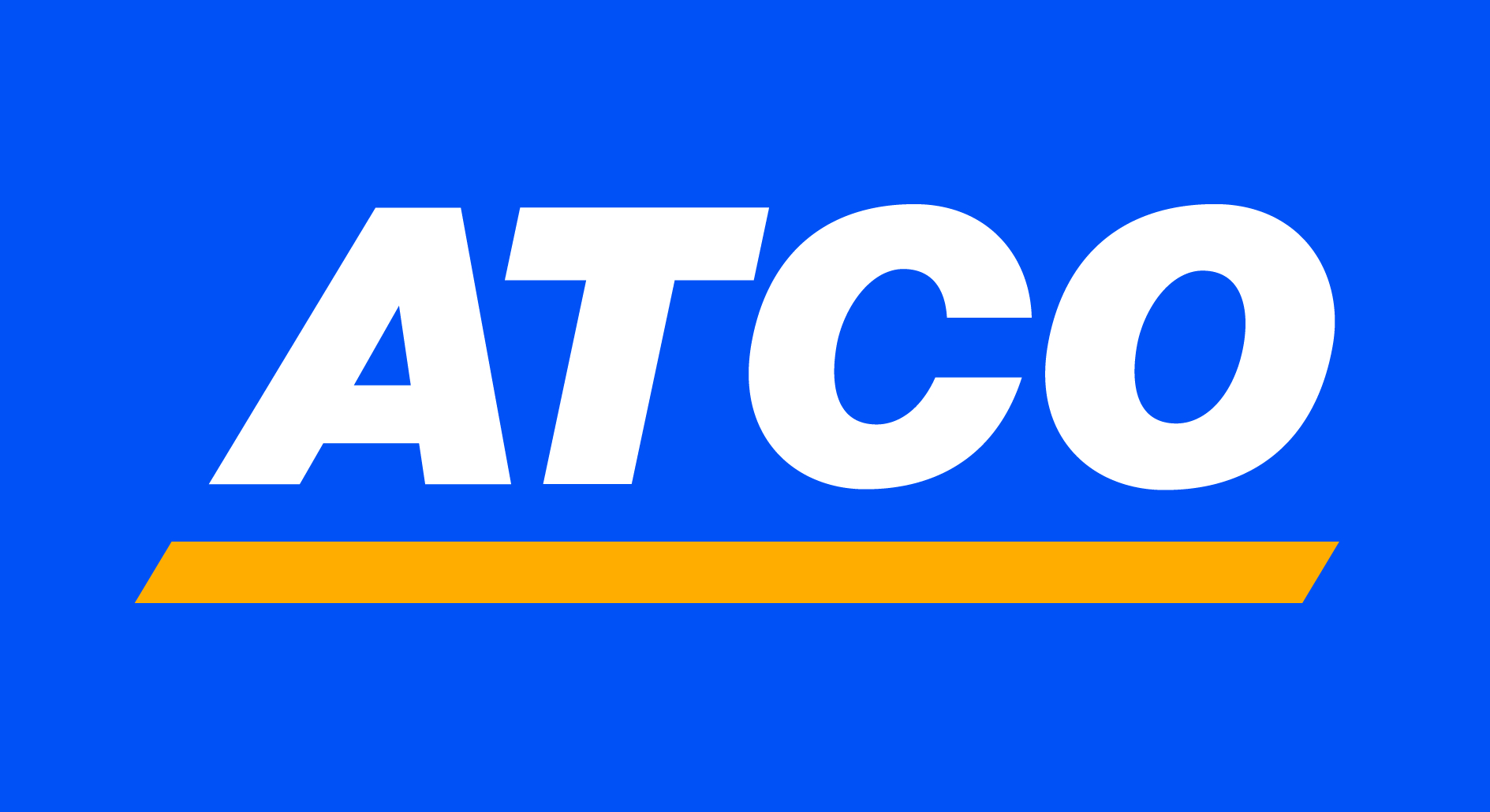





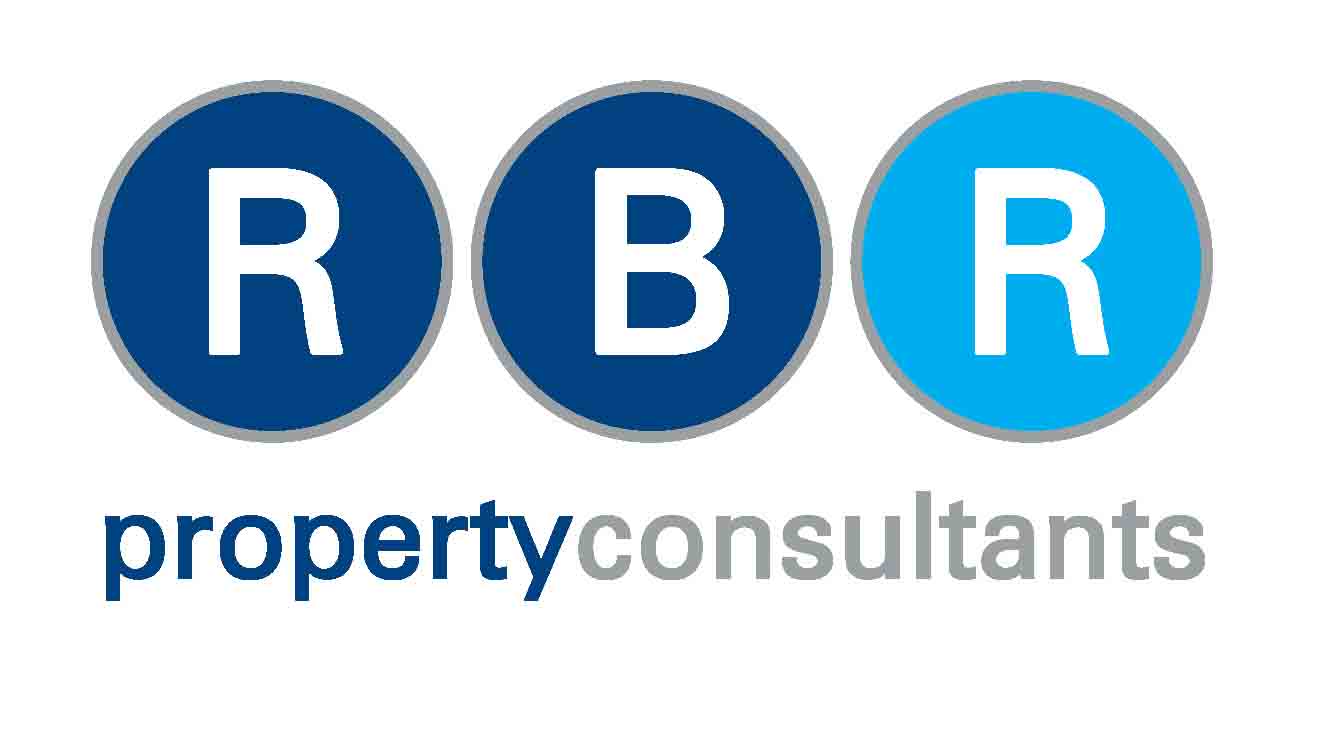


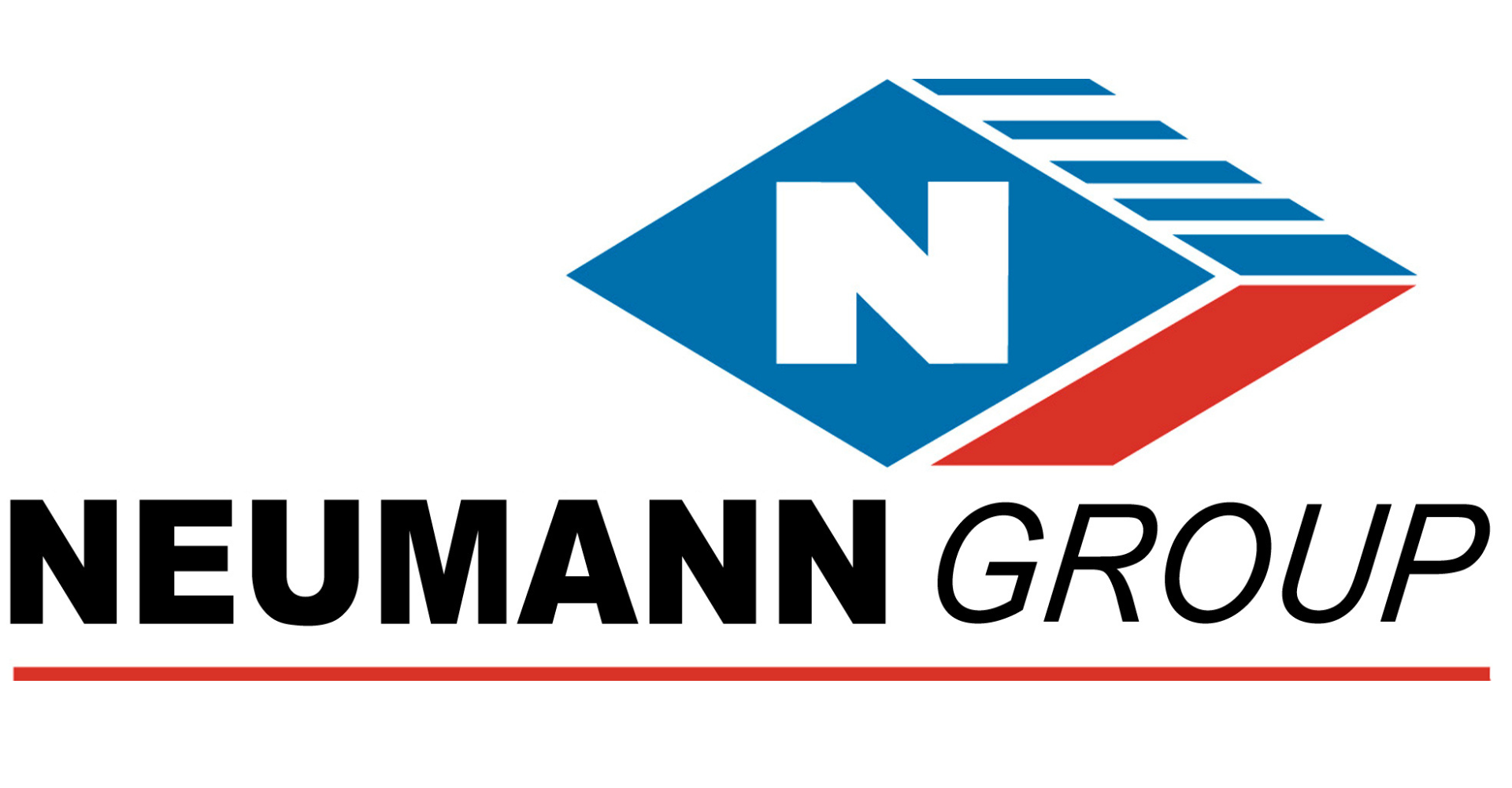


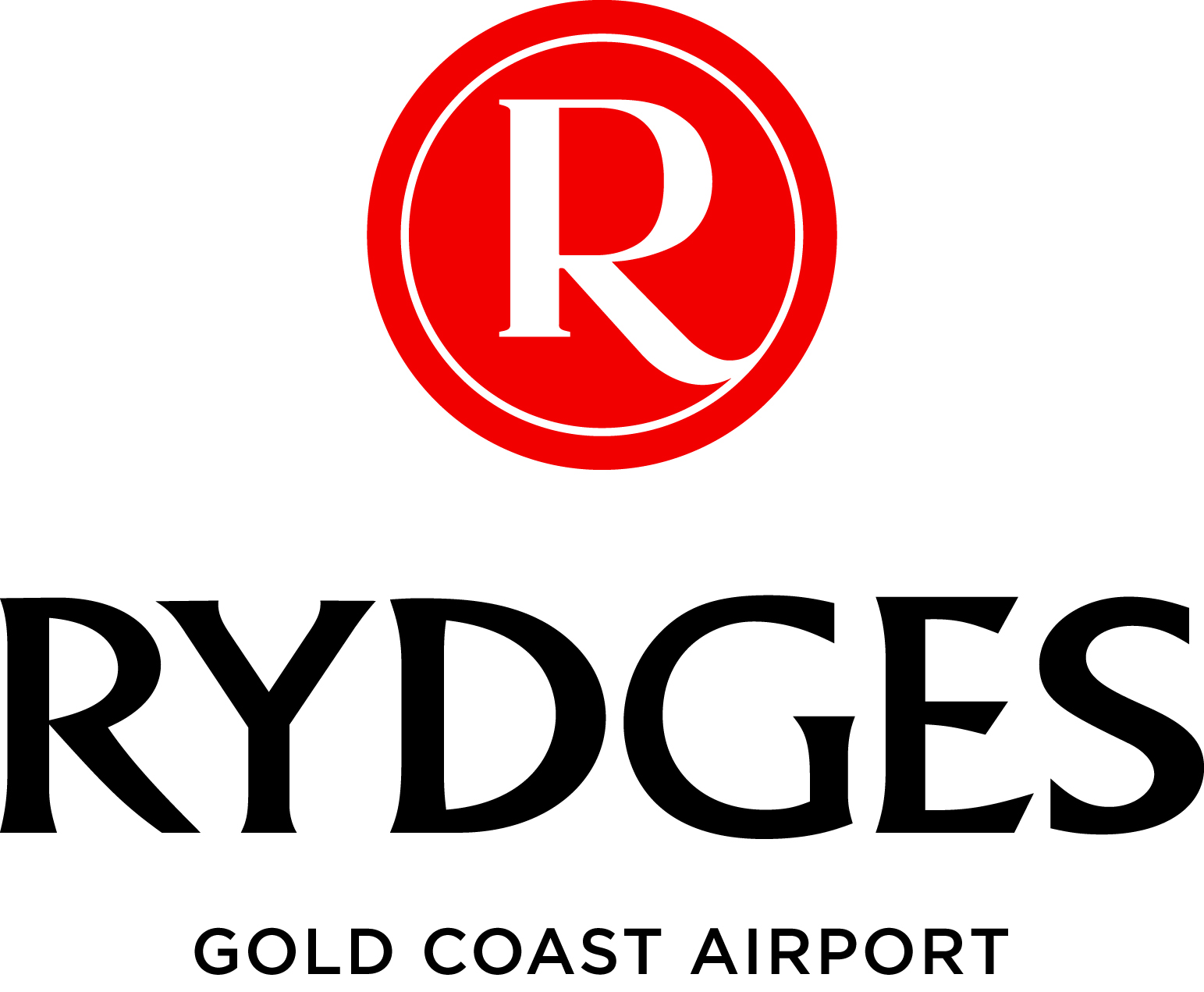

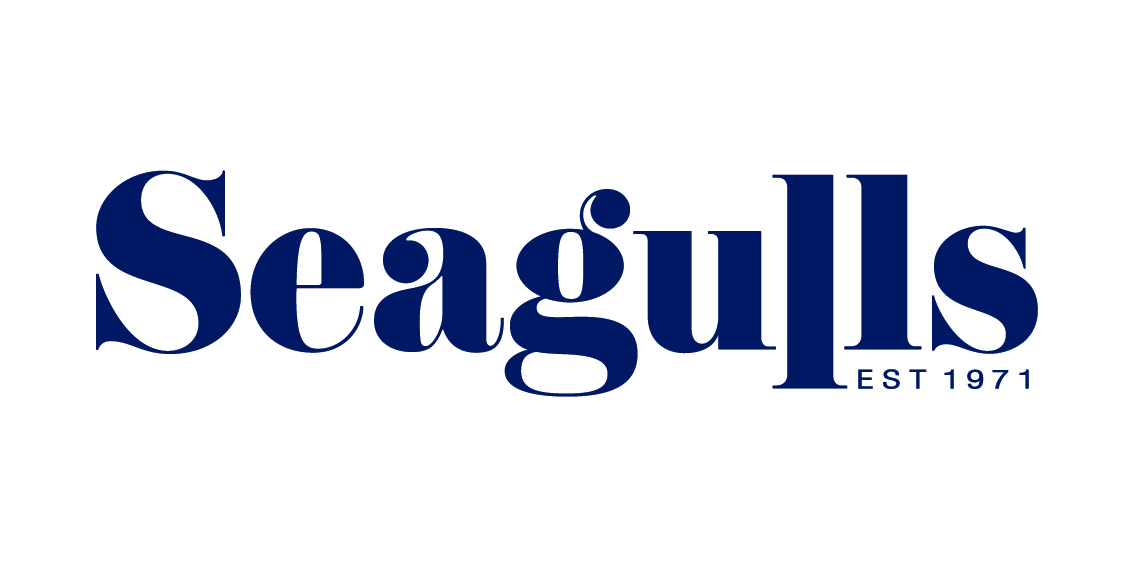



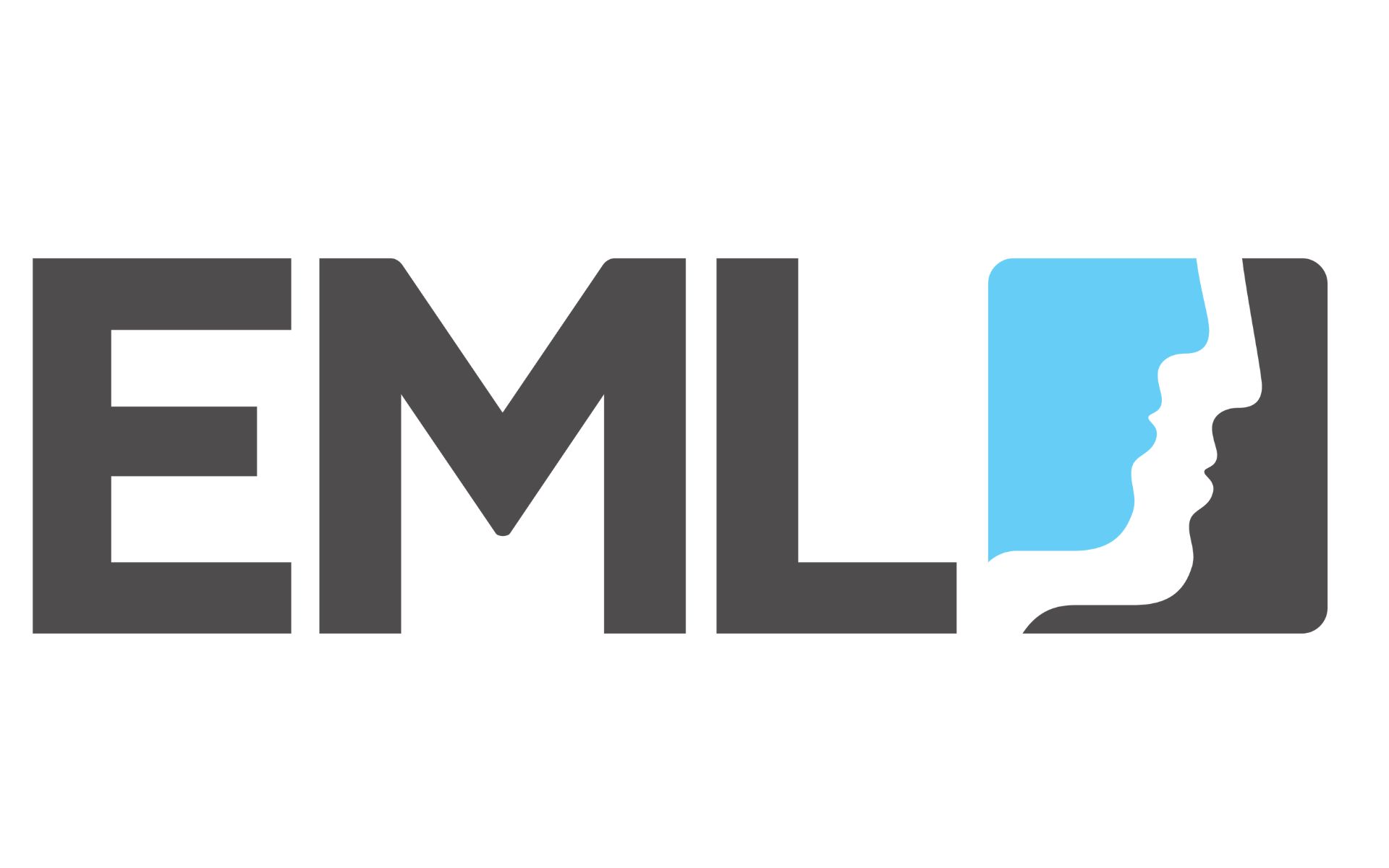



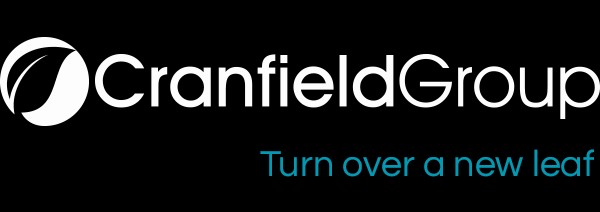
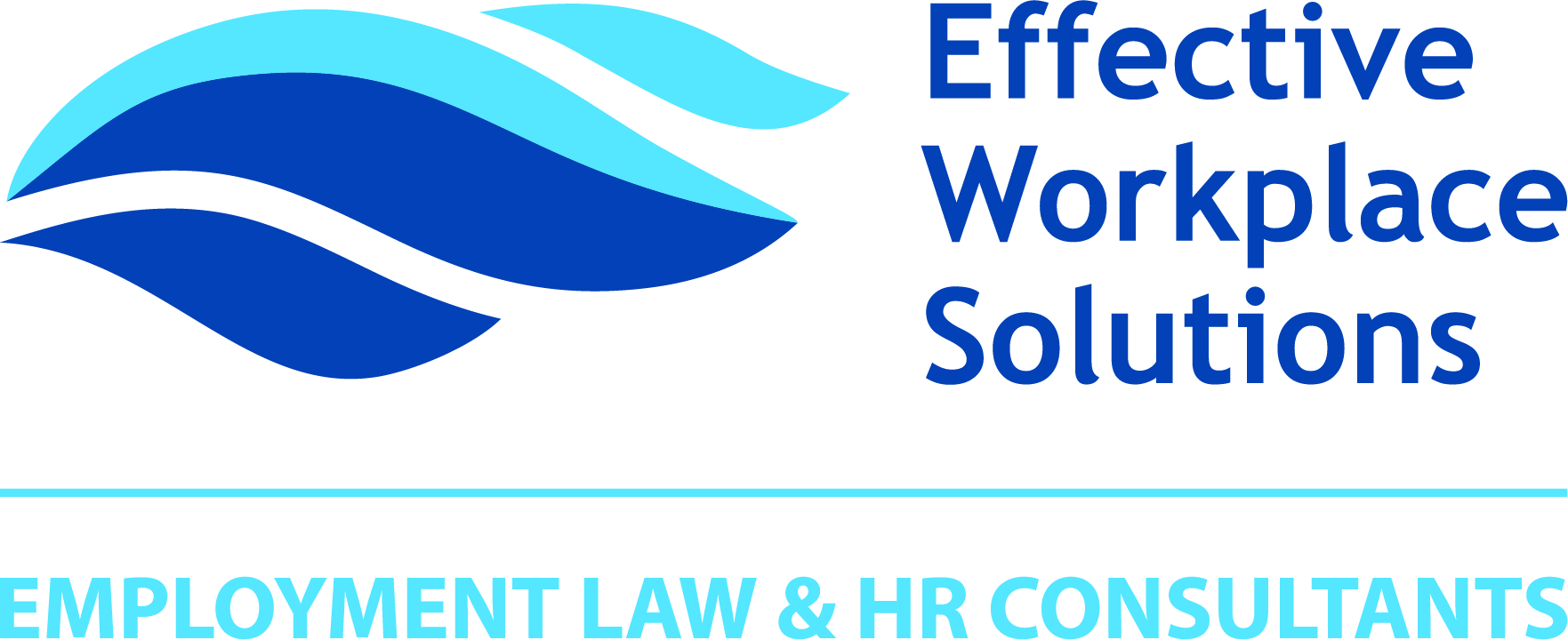

.jpg)
